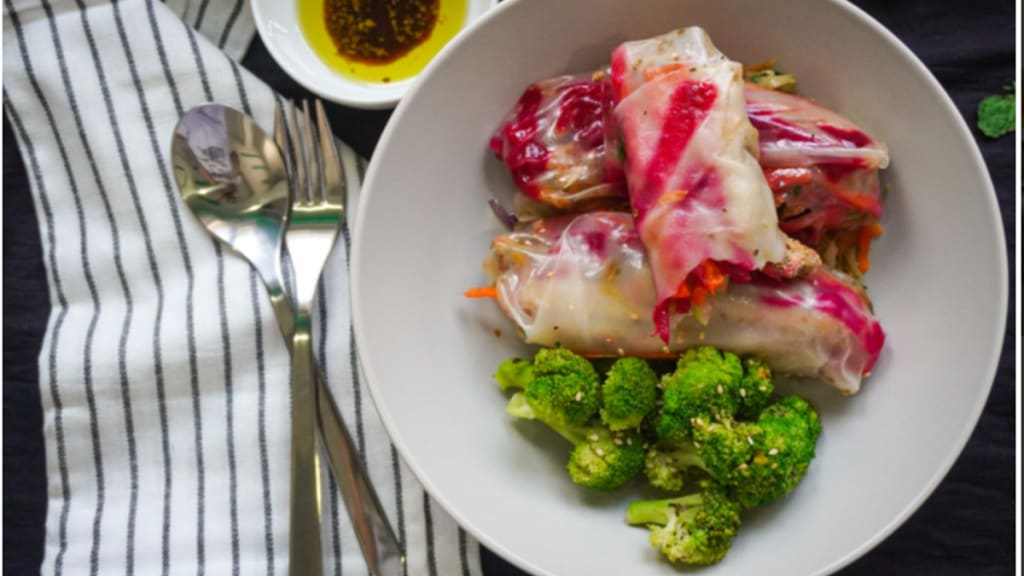As consumers increasingly take to conscious eating, diet-oriented and home-style food companies are finding ways to scale their businesses. Curefoods, which has a clutch of core brands that cater purely to healthy eating options, recently acquired seven food brands — CakeZone, MasalaBox, Paratha Box, Ammi’s Biryani, Olio, Crusto, and Chaat Street. Others such as Food Darzee and Fitmeals are offering services beyond food delivery.
According to RedSeer Consulting, India’s food delivery business is expected to double and clock a gross merchandise value of about $13 billion by 2025. Those offering diet-specific food options want a slice of this pie. But will offering nutritious food alone keep these companies afloat?
Building an appetite
Ordering in food is typically about indulgence, change of taste or celebration, and rarely about health. But Ankit Nagori, founder, Curefoods, believes that in five years, the demand for healthy eating options will surpass entertainment foods like pizza, biryani, and desserts.
As of 2021, India has an estimated 74.2 million diabetes patients in the 20-79 age group. Further, a study published in The Lancet found that about 60%-70% of Indians who have hypertension are unaware of their condition. Rajat Wahi, partner, Deloitte India, says the market for healthy food is poised to grow, more likely in tier I and II towns where such lifestyle diseases are more prevalent.
“We identified that people did not follow through with a diet because it was inconvenient to prepare food as per the specific diet,” says Dr Siddhant Bhargava, nutritionist and co-founder, Food Darzee. The brand offers diet subscription plans for ketogenic, low-carb, vegan, and calorie-counted home-style food, too. A 30-day subscription costs Rs 29,400.
Fitmeals, which operates only in Hyderabad, offers a Rs 22,000 per month subscription plan curated by a nutritionist. It also offers consultation with a nutritionist, and assistance with grocery shopping, and meal planning at Rs 2,900 per month.
Diet fad
Brands counting on the consumer to remain committed to healthy eating or weight loss goals have an uphill task. Zeeshan Ahmed, co-founder, Fitmeals, says that people who enrol in a diet plan stay on for about three months, or until they achieve their goal.
Curefoods’ Nagori says it is not sustainable for people to stick to a special diet for a prolonged period. “A large chunk of our revenue comes from subscriptions, but it is for meals comprising roti-sabzi-dal. We have often seen people switch from our weight-loss subscription plan to the roti-sabzi diet plan,” says Nagori. He says only 10% of Eatfit (a Curefoods brand) has ever been on a calorie-deficit diet plan.
Analysts say that offering just one type of food could hinder the growth of these companies. “At the peak of the pandemic, entertainment food was ordered most. Prior to the pandemic, professionals would order in nutritious food at their offices, but that completely stopped,” Nagori says. Last year, he decided to pivot from purely healthy meals to what he now calls “better for you food”.
Brands like these find it difficult to offer bundled plans with fitness centres or gyms. “Because our ticket size is large, it is hard to sell a plan where the gym membership costs Rs 2,500 per month, but a meal package costs a lot more,” says Dr Bhargava.
Companies like these are looking for other avenues to attract consumers. Food Darzee has launched Coached Darzee, a personal health coach service, and Baked Darzee, a destination for keto bread, low-sugar and high-protein desserts.
Wahi says that the prohibitive cost of diet meal subscriptions is a drawback, and that companies will need to find alternatives to make them affordable.
Read Also: The importance of ‘consumer connect’ in edtech marketing and communications

